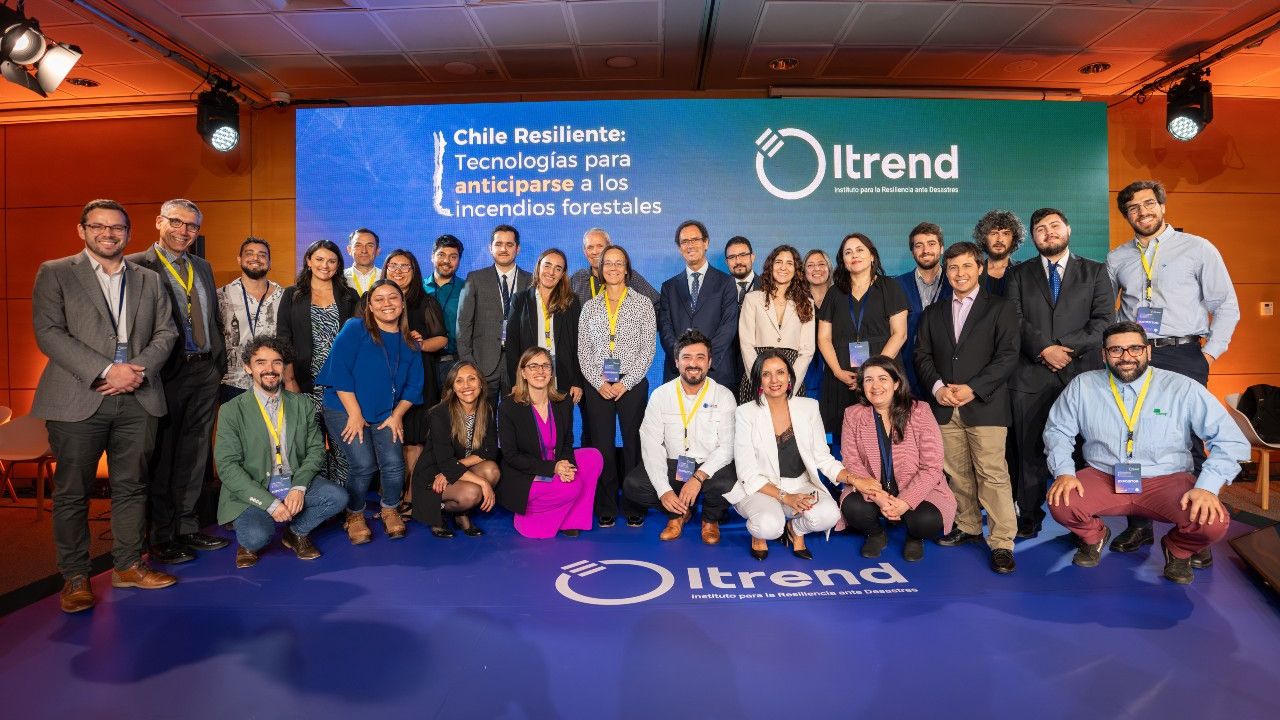
- Home
-
Who we are
- About Itrend
- Team
- Our history
-
Governance
-
What we do
- Contacts
-
Transparency
Nuestra historia
2016
2016
CREDEN Strategy
A cross-cutting group of more than 80 experts compose the CREDEN Commission, with the support of the CNID (currently CTCI) and develop a national strategy to face disasters. When designing this strategy, the idea of creating Itrend was born.
2017 - 2018
2017 - 2018
Itrend project design
Itrend project design: Following the CREDEN Commission recommendations, the project design for Itrend was carried out. In December 2018, CORFO officially announced the launching of the project called “Foundation of a Public Technological Institute to develop Resilience against natural disasters (Itrend)”.
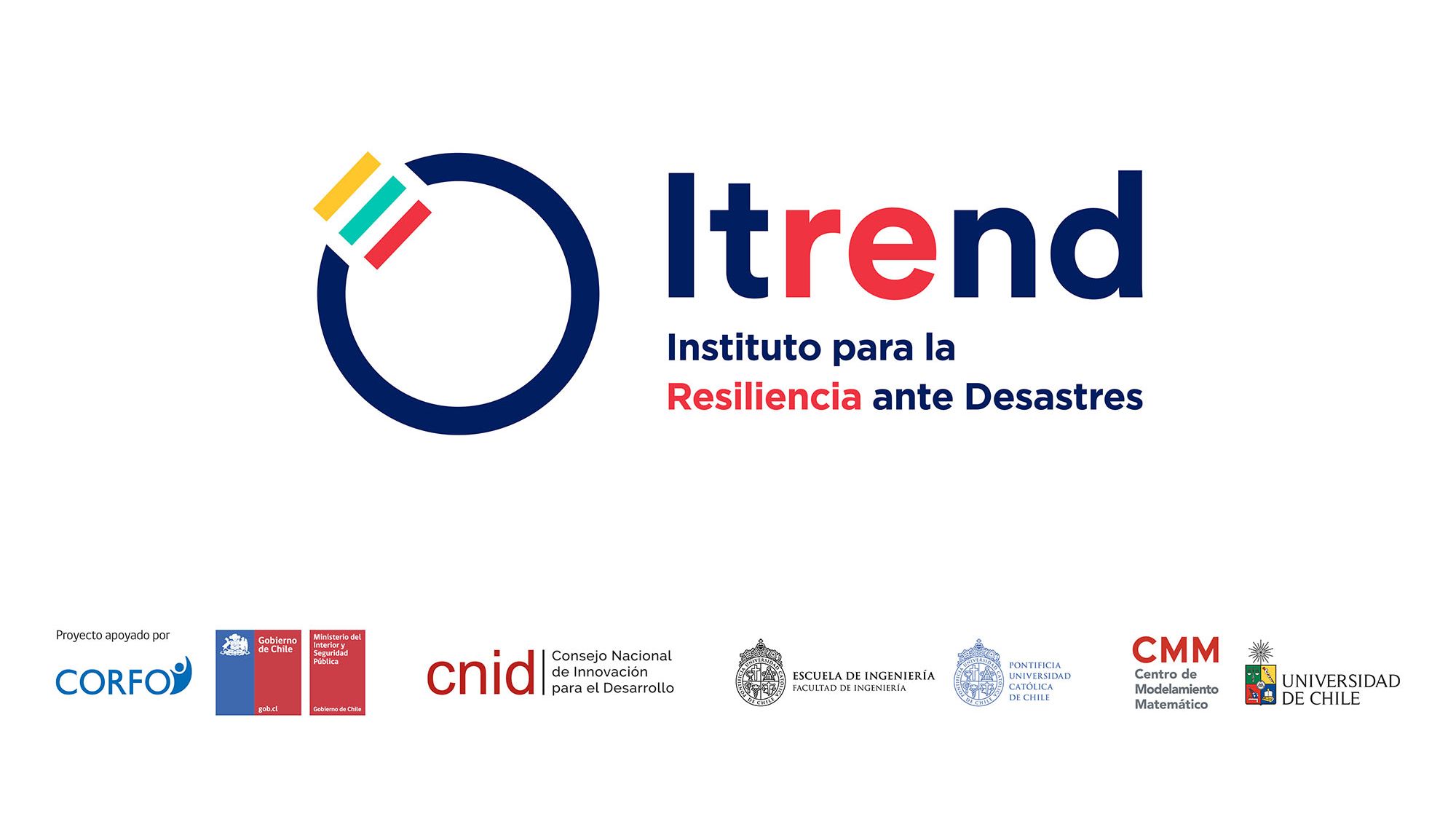
2019
2019
Formation
Formation: Itrend started to work, forming its team, and setting up its governance model. A call for partners was held to compose the new corporation with the support of a transitional board, made of six leading representatives of the academia, the private and public sector.
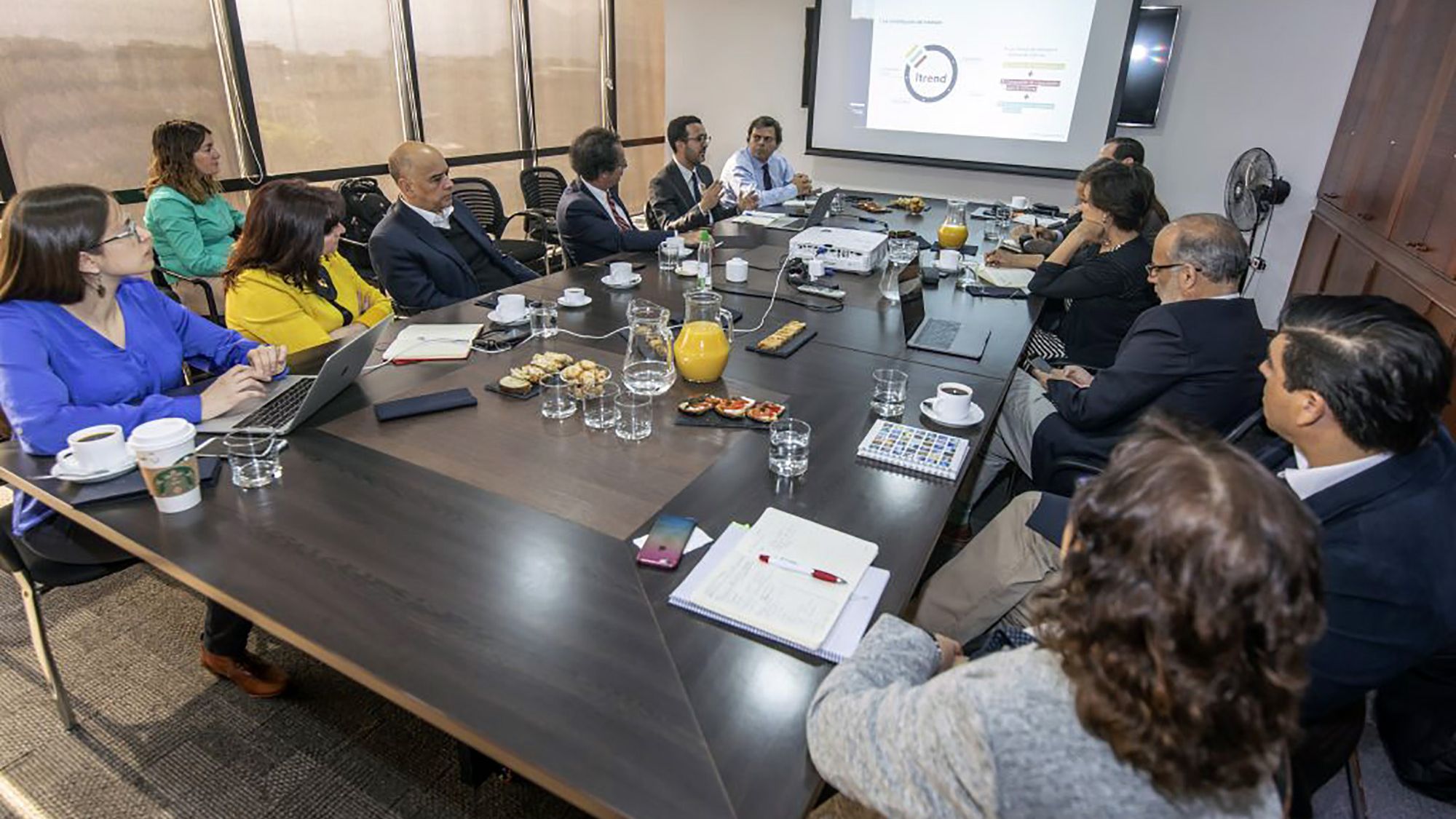
2020
2020
iGOPP Chile 2020 application
The Index of Governance and Public Policy for Disaster Risk management application was launched, along with the Inter-American Development Bank.
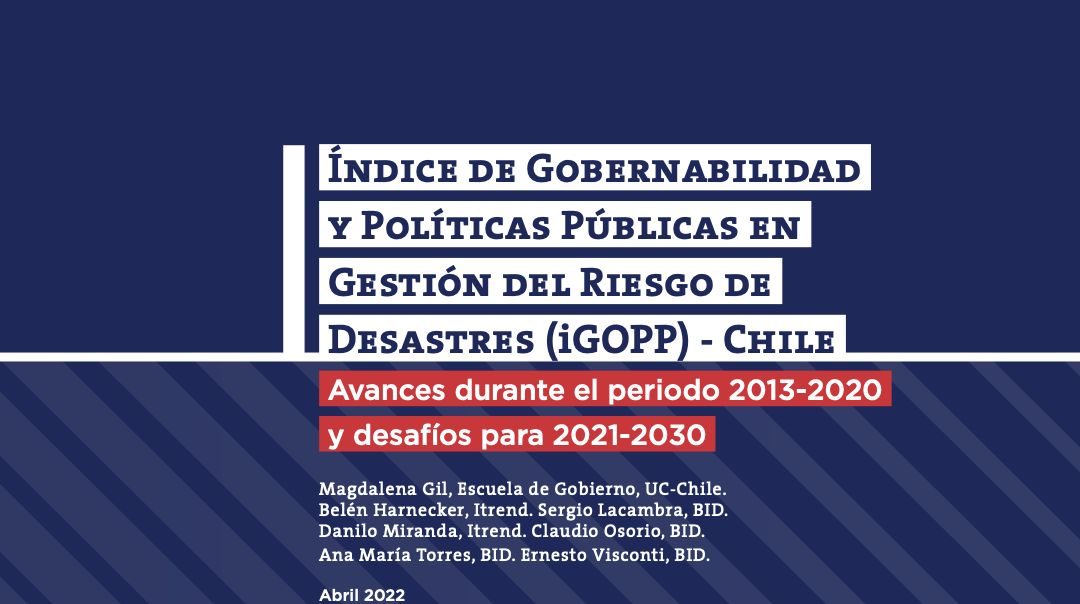
2021
2021
Progress on the governance model and new projects
From February, Itrend has a new legal entity, including its own legal personality as a non-profit organisation. Also, in March 2021 the Itrend board of directors met for the first time.
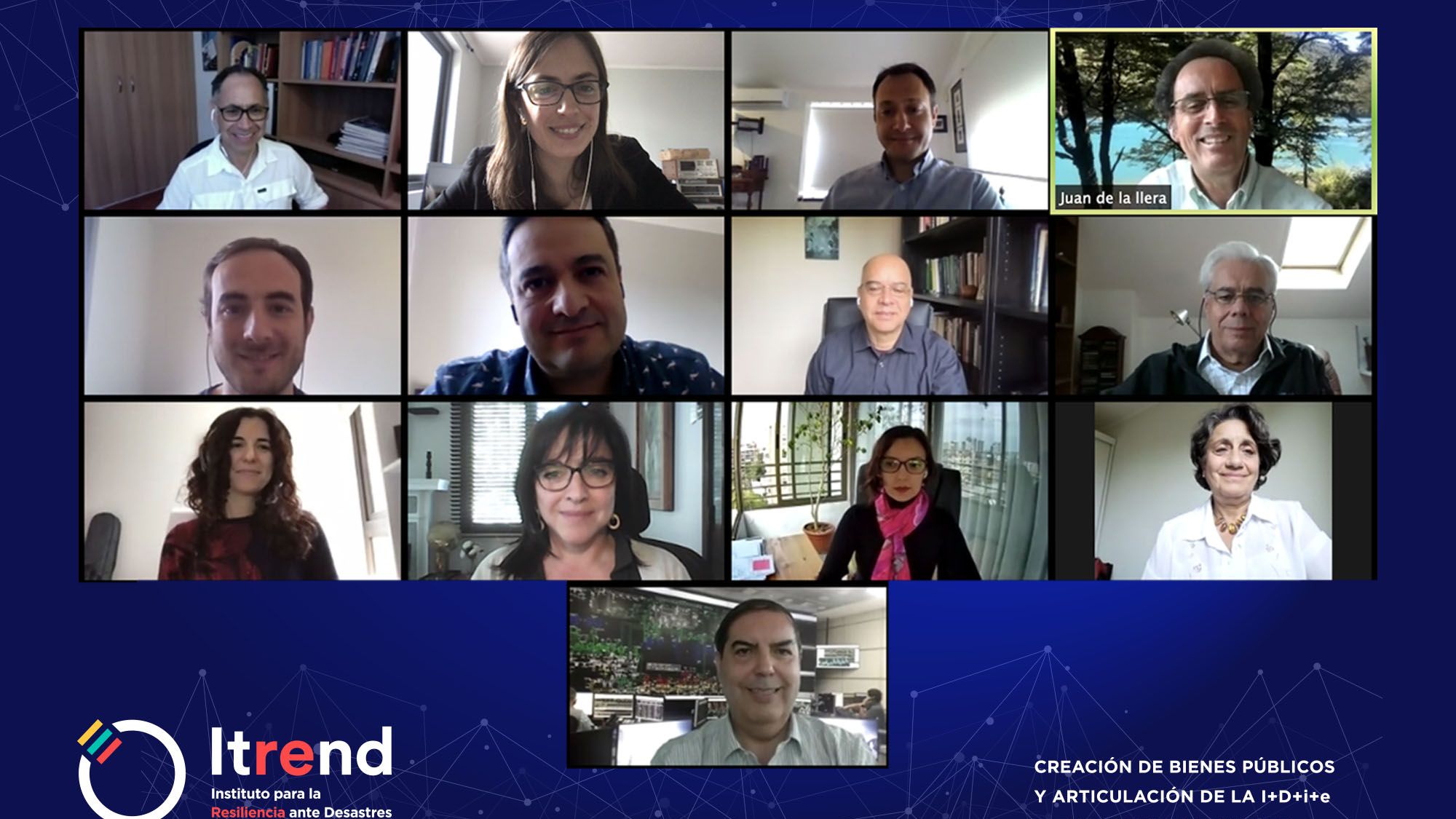
In March, the first session of Itrend's Civil Society Council, made up of representatives of 12 civil society institutions working in disaster risk management, was held.
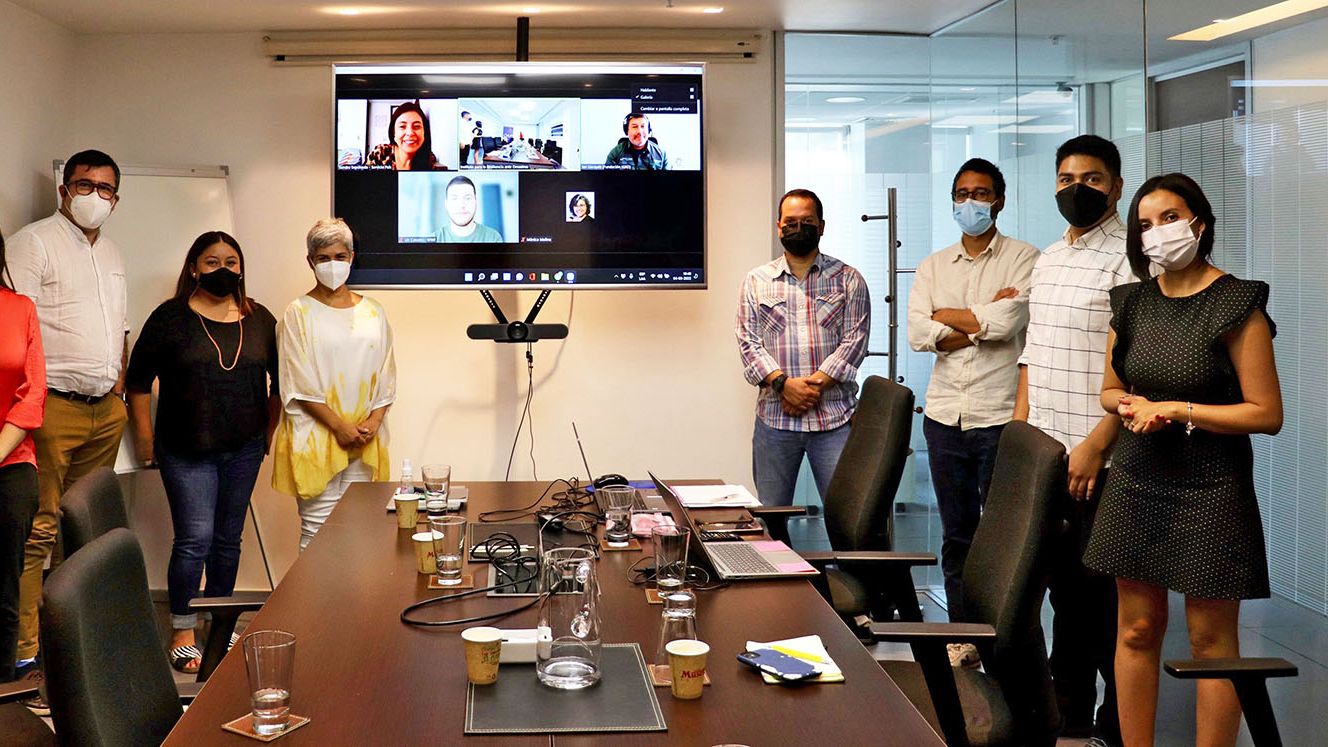
"Aprende Resiliencia" site and the Resilience Data Platform, both created by Itrend, are launched.
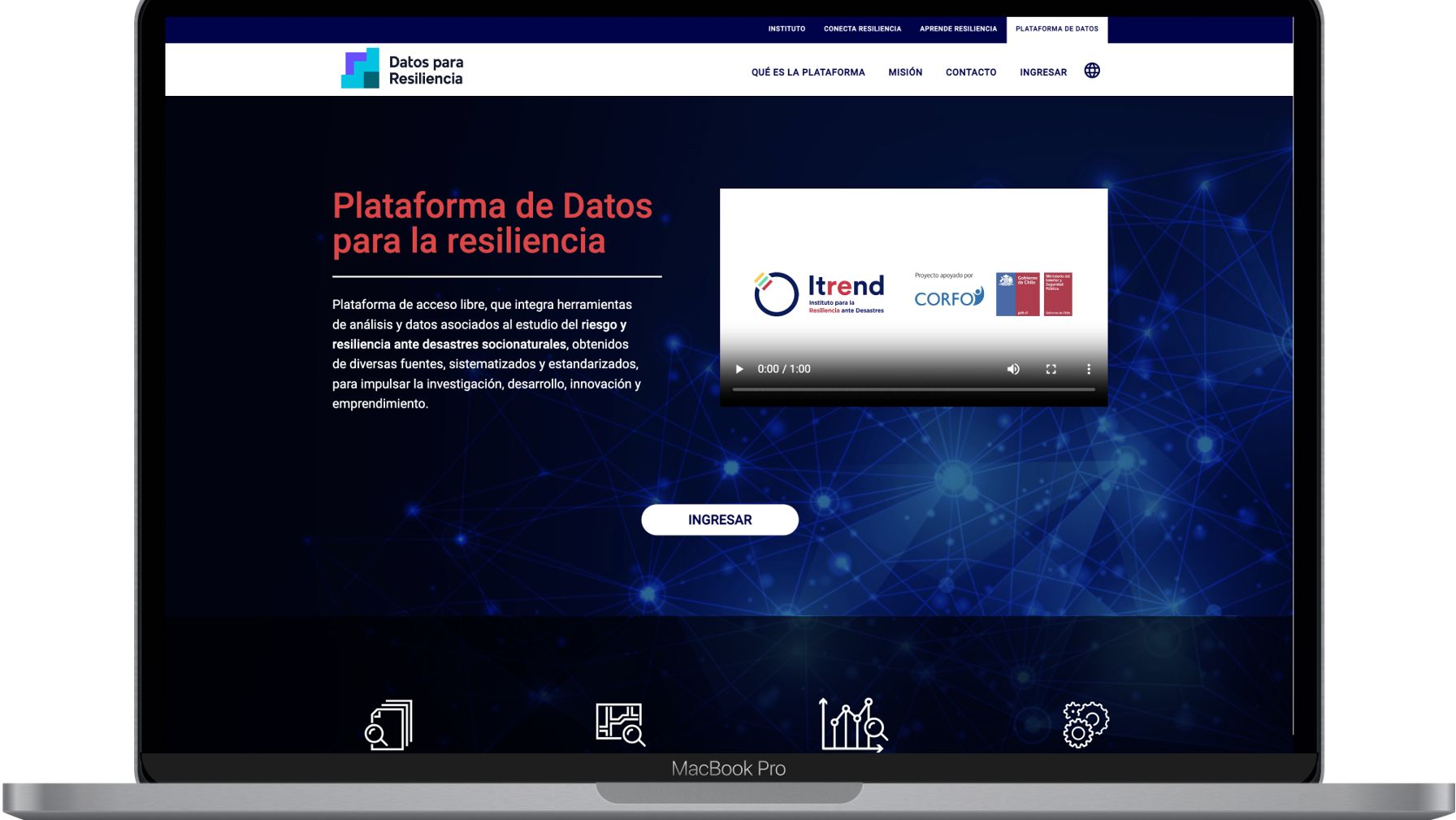
2022
2022
Itrend's operation transfer
The complete transfer of Itrend’s operations was carried out, by the Pontifical Catholic University and the University of Chile, which until then had built up the project. Additionally, its Council of Public Bodies was constituted and met for the first time.
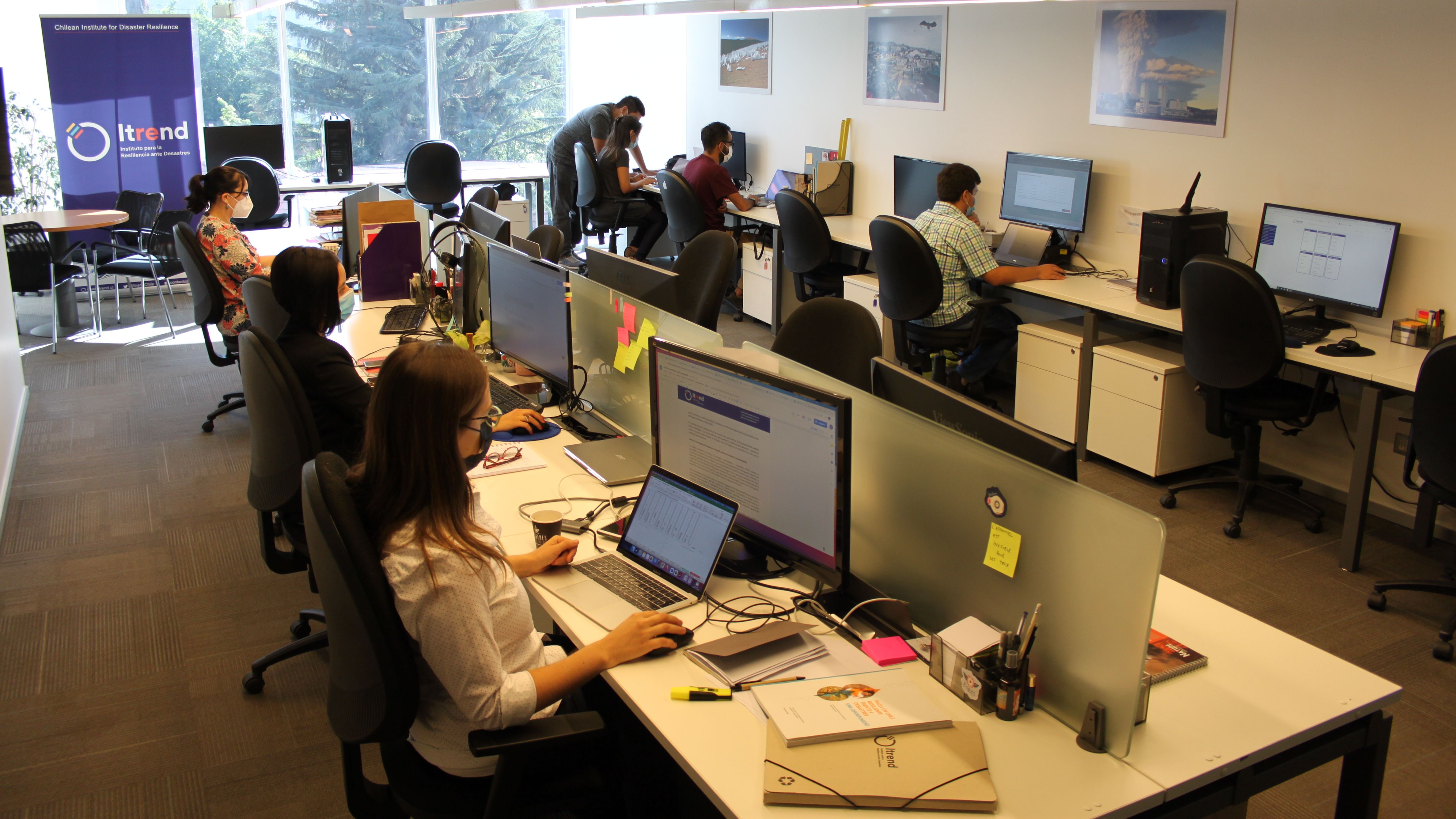
2023
2023
Resilient Chile
The first two versions of the Resilient Chile Event were held: the first in January of that year, focused on artificial intelligence and climate change, and the second in October with panels and presentations on technologies to address forest fires.
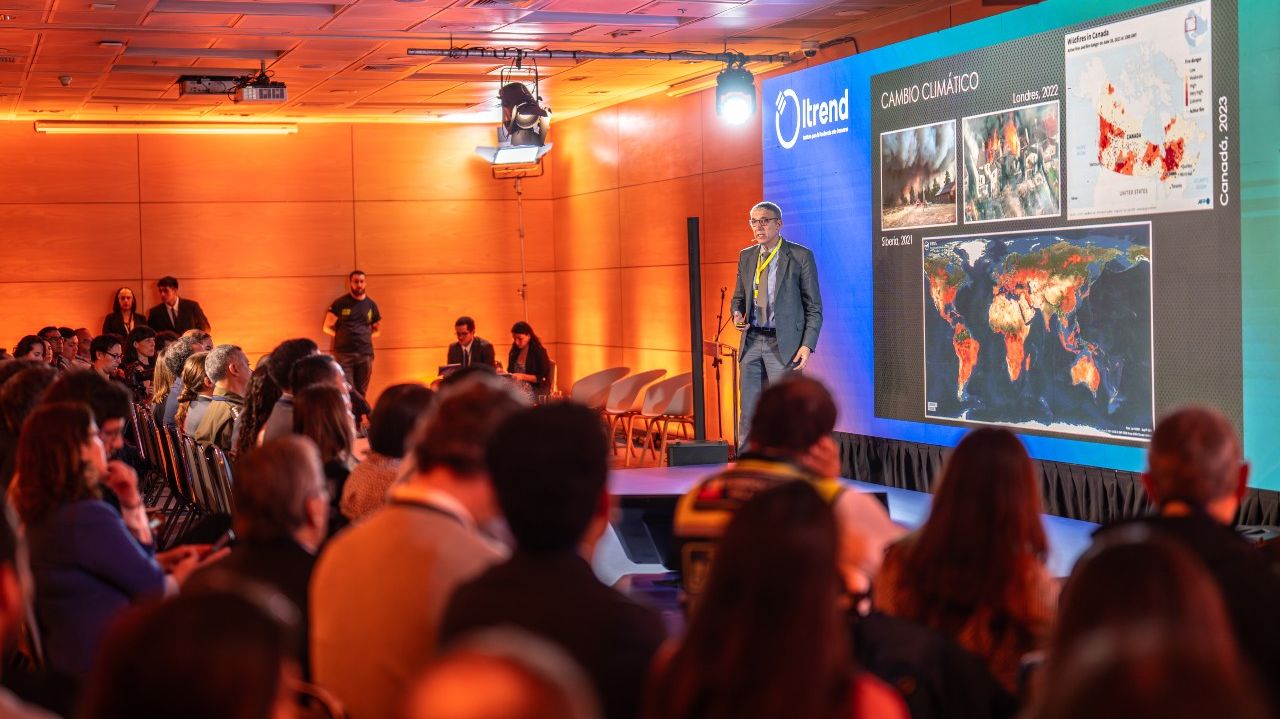
2024
2024
Stage 2 starts
Itrend completes 5 years with funding from Corfo and is preparing to move to a second stage of development, based on the institute's value proposition. Its hallmark is to empower the disaster resilience ecosystem by helping to solve ecosystem failures to deliver its best, promoting collaboration, agility and talent, achieving high standards in the provision and adoption of creative solutions to increase the country's resilience.
